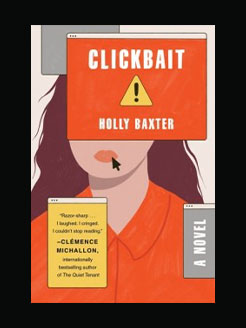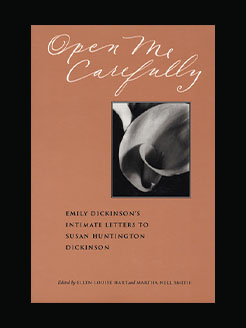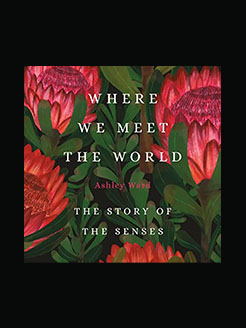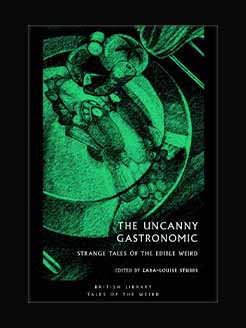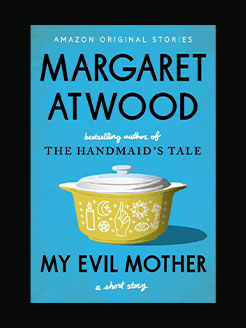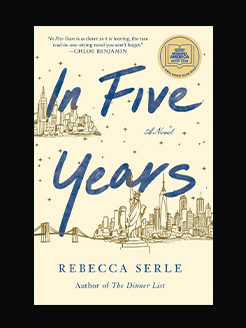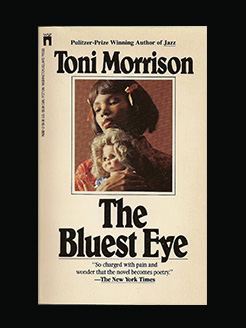Published in 2013
418 pages
Elena Ferrante is a pseudonymous Italian novelist.
Ferrante is the author of a half dozen novels, including The Lost Daughter (originally published as La figlia oscura, 2006). In 2012, Europa Editions began publication of English translations of Ferrante’s “Neapolitan Novels”, a series about two perceptive and intelligent girls from Naples who try to create lives for themselves within a violent and stultifying culture.
Critics have praised her for her “devastating power as a novelist” and for a style that is “pleasingly rigorous and sharply forthright.”
Ferrante holds that “books, once they are written, have no need of their authors.” 10th March 2016, The Story of the Lost Child was longlisted for the 2016 Man Booker International prize, celebrating the finest in global fiction translated to English.
What is this book about?
Since the publication of My Brilliant Friend, the first of the Neapolitan novels, Elena Ferrante’s fame as one of our most compelling, insightful, and stylish contemporary authors has grown enormously. She has gained admirers among authors–Jhumpa Lahiri, Elizabeth Strout, Claire Messud, to name a few–and critics–James Wood, John Freeman, Eugenia Williamson, for example. But her most resounding success has undoubtedly been with readers, who have discovered in Ferrante a writer who speaks with great power and beauty of the mysteries of belonging, human relationships, love, family, and friendship.
In this third Neapolitan novel, Elena and Lila, the two girls whom readers first met in My Brilliant Friend, have become women. Lila married at sixteen and has a young son; she has left her abusive husband and now works as a common laborer. Elena has left the neighborhood, earned her college degree, and published a successful novel, all of which have opened the doors to a world of learned interlocutors and richly furnished salons. Both women have pushed against the walls of a prison that would have seen them living a life of misery, ignorance, and submission. They are afloat on the great sea of opportunities that opened up during the nineteen-seventies. Yet they are still very much bound to each other by a strong, unbreakable bond.
